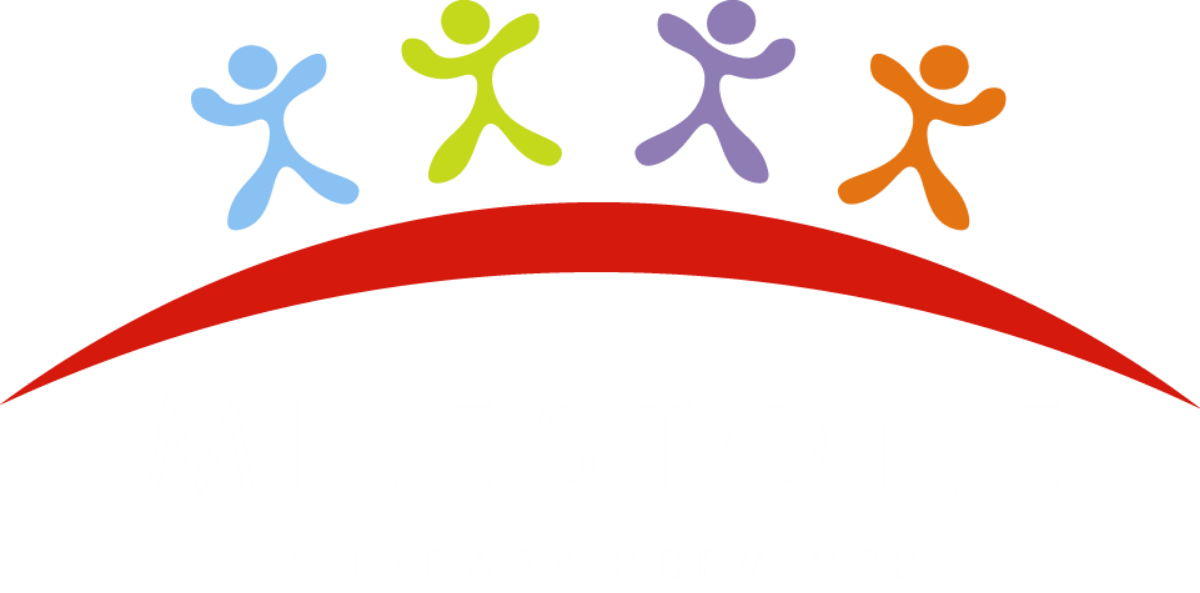Speech Therapy
Pediatric speech language therapists work with the child to enhance the child’s ability to communicate with others both verbally and non-verbally. Speech and language are two different, yet intrinsically linked, skills that we all use to communicate. Language is the ability to understand spoken and written words (receptive language) and to express meaning through words (expressive language). Speech is producing sounds that make up words. Mild delays in speech and language development are common among children and may be temporary. These delays may occur when the functions of the brain required for speech and language mature at a slower than normal rate. Sometimes, speech and language delays are symptoms of more serious problems, such as autism, cognitive delay, or abnormal muscle tone. Hearing loss may also cause speech and language delays.
- Receptive/Expressive Language Skills
- Speech delays
- Speech
- Apraxia/dyspraxia, dysarthria
- Neurological disorders (Cerebral Palsy, traumatic brain injury, stroke)
- Non-verbal and verbal communication skills
- Articulation
- Feeding skills
- Swallowing skills
- Oral motor skills
- Augmentative/Alternative Communication Methods
- Voice Disorders, Hoarseness, Vocal Abuse, Vocal Nodules
- Fluency Disorders, stuttering, cluttering
- Pragmatics, Social behavior
- Communication for children with Hearing Impairment, cochlear implant
- Aural Rehabilitation
- Phonological skills
- Phonological awareness

